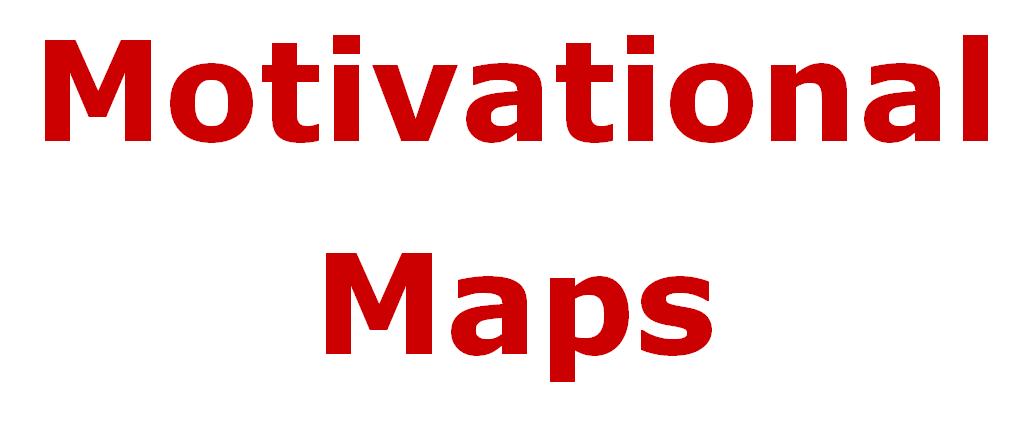Once upon a time, not so long ago, coaching's natural home was the sports arena. Within the business world it was the preserve of only the most screwed-up or self-important. Today it's commonplace. The latest Learning & Development Survey from the Chartered Institute of Personnel & Development (CIPD) shows coaching used 'frequently' by 71% of UK organisations. The irresistible rise of coaching is due to many factors; the increasing need for targeted, individual, just-in-time development; organisational downsizing resulting in larger step-changes in skills and responsibilities; employees demanding development; and growing awareness of the financial costs of poor employee performance.
This season's must have
Coaching is no longer fluffy and frivolous, or for remedial cases only. "Having a coach now carries kudos, not stigma," says Wayne Zangler of Razzle Development, "provided it's labelled as executive coaching." But should coaching be just a senior executive perk, the latest corporate fashion accessory? For performance coach Alastair Hill, "No one should have a coach merely for the sake of it, or due to status. There should always be a specific, individual reason and an identified outcome."
Unfortunately CIPD research shows only 43% of organisations offer coaching to all levels of employees. According to the Institute's Victoria Winkler, "There's still significant confusion as to what exactly coaching is, and how it differs from other helping behaviours such as counselling and mentoring." Broadly speaking, the CIPD defines coaching as "developing a person's skills and knowledge so that their job performance improves, leading to the achievement of organisational objectives". Keep reading...



No comments:
Post a Comment